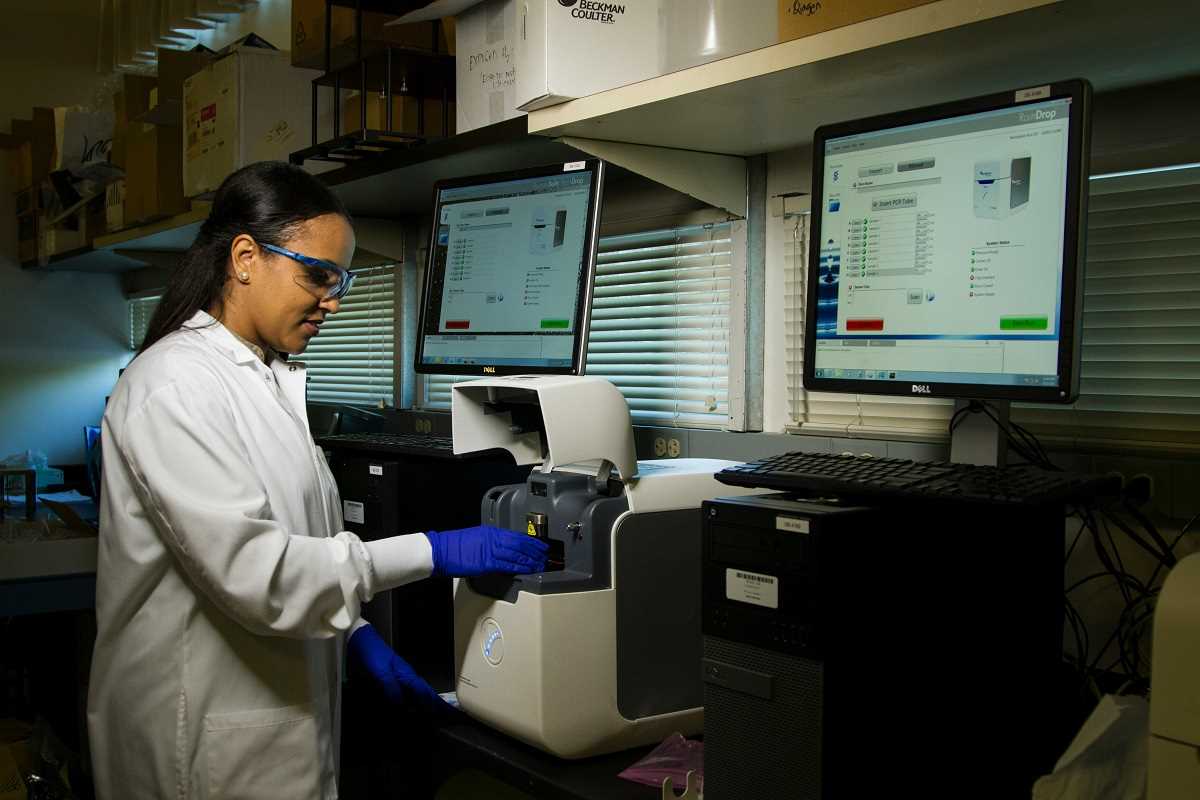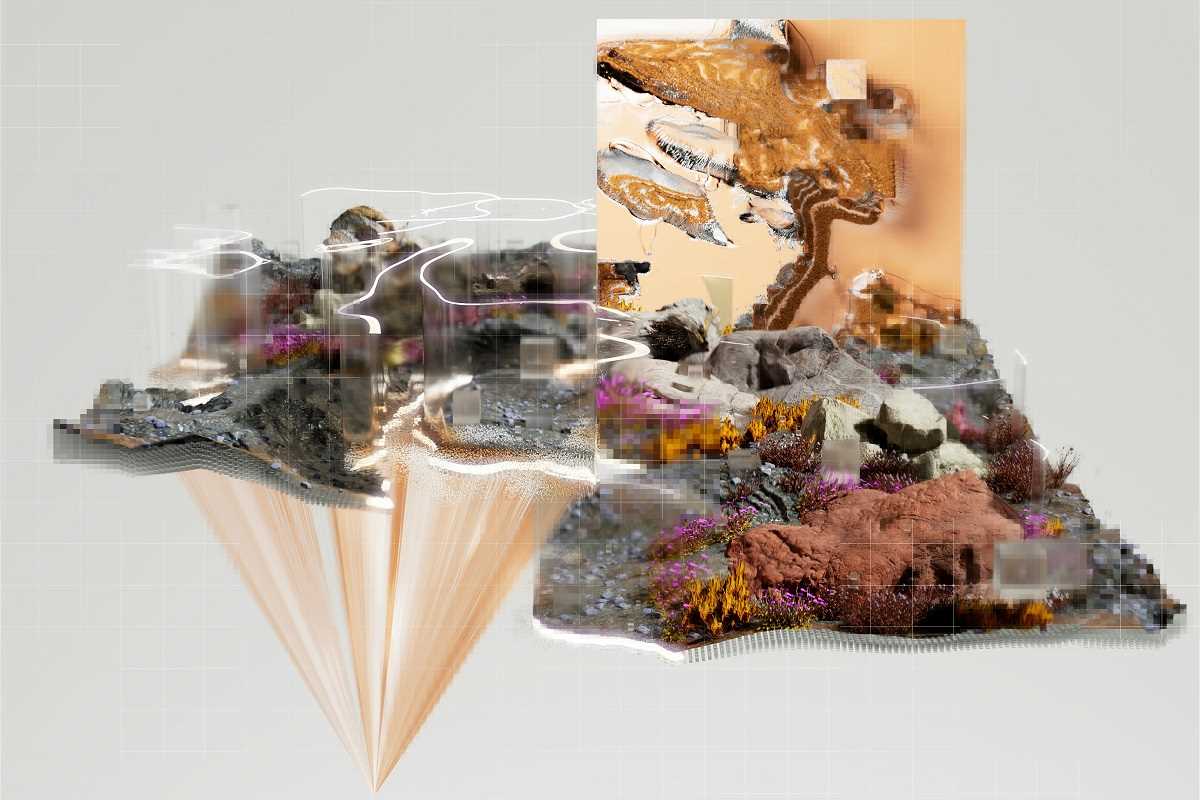At its core, the Internet of Things (IoT) connects everyday devices to the internet so they can share data and “talk” to each other. Imagine your smartwatch that tracks your daily steps syncing with your phone, or a smart fridge that reminds you to buy more milk. That’s IoT in action. It’s a network of interconnected devices, sensors, and software that collects and exchanges data in real time.
Now, take that concept and apply it to healthcare. IoT in this realm involves using connected devices and systems to improve medical care and enhance patient outcomes. For example, think of wearable technology like fitness trackers that monitor your heart rate or smart insulin pumps that adjust dosages automatically. IoT bridges the gap between technology and medicine, delivering actionable insights and creating more efficient healthcare processes.
IoT is not limited to gadgets you wear on your wrist. It also includes hospital equipment that tracks patient vitals automatically, apps that remind you to take your meds, and remote monitoring systems that help doctors track their patients without in-person visits. Simply put, IoT is paving the way for smarter, more personalized healthcare.
Why is IoT a Big Deal in Healthcare?
The adoption of IoT in healthcare is solving some of the industry’s most persistent issues, like inefficiency, lack of access to care, and skyrocketing costs. Here’s a closer look at the revolutionary ways IoT is changing the game:
Better Patient Monitoring
IoT has made it possible to monitor patients’ health in real-time without needing constant in-person visits. Wearable devices automatically track crucial health stats like heart rate, blood pressure, or glucose levels, and send those metrics directly to healthcare professionals. For instance, a person with a history of cardiac issues can use a smart ECG device that alerts them and their doctor to any abnormalities before it’s too late.
Take another example–maternity care. IoT-enabled devices can help high-risk pregnancies by monitoring blood pressure, fetal heart rates, and more, alerting healthcare providers if immediate action is needed. The result? Faster, more proactive treatment that can save lives.
Faster Diagnosis and Treatment
IoT allows massive amounts of data to be gathered and analyzed using machine learning algorithms. This results in quicker diagnoses based on patterns too subtle for humans to detect. For example, smart MRI machines powered by IoT not only capture images but also analyze them quickly, spotting early signs of diseases like cancer.
Additionally, predictive analytics fueled by IoT helps foresee health risks before they become significant problems. For example, remote monitoring tools for chronic patients analyze health patterns to predict flare-ups. This means doctors can step in earlier for better outcomes.
Streamlined Hospital Operations
Managing a hospital is no small feat, but IoT makes it easier. Smart inventory systems can ensure stocks of essential supplies, like medical masks or medicines, never run out. IoT sensors track the availability of hospital beds in real time, ensuring patients are accommodated efficiently.
IoT doesn’t just make processes smoother; it also cuts costs. The more efficiently hospitals work, the more resources are freed up for patient care. For example, connected devices help monitor energy usage in hospitals, reducing utility bills while ensuring vital equipment stays operational.
The mix of improved patient care and operational efficiency is why IoT adoption in healthcare is skyrocketing.
Career Opportunities in IoT Healthcare
The rapid growth of IoT in healthcare is driving an equally impressive demand for skilled professionals to design, manage, and use this technology. The intersection of healthcare and technology is rich with possibilities. Here are some of the most exciting roles making waves in the industry:
1. IoT Developers and Engineers
IoT can’t exist without developers and engineers who build the wearable devices, hospital systems, and software platforms that make everything work. For example, if you’re into hardware, you could design sensors that monitor heart rates. Into software? You’d focus on coding the apps that analyze and display that data to doctors and patients in a meaningful, user-friendly way.
These jobs require skills in programming languages like Python and JavaScript, as well as expertise in IoT platforms such as AWS IoT or Microsoft Azure IoT. A solid understanding of hardware design doesn’t hurt either. And there’s room for growth as more hospitals and clinics adopt this technology.
2. Healthcare Data Analysts
IoT generates oceans of data, but that data is only useful if someone can make sense of it. That’s where healthcare data analysts step in. Their job is to interpret the data provided by IoT devices and turn it into actionable insights. For example, an analyst might notice a spike in blood sugar levels across multiple diabetic patients using a particular brand of insulin, helping doctors reevaluate its use.
If playing with numbers excites you, this role could be a perfect fit. Key skills include statistical analysis, machine learning, and familiarity with tools like R or Tableau for visualization.
3. Cybersecurity Specialists
Healthcare data is a goldmine for hackers, and as more devices connect to networks, the risks increase. Cybersecurity specialists are tasked with safeguarding sensitive patient data. They design secure systems, set up firewalls, and respond to any breaches that occur.
This job is mission-critical. A data breach in a medical facility doesn’t just expose patient info; it can directly threaten lives if monitoring devices go offline. Expertise in ethical hacking, encryption protocols, and network security is essential for this role.
4. Biomedical Engineers
If you enjoy working on cutting-edge medical tech, biomedical engineering might be the path for you. Biomedical engineers design IoT-powered devices like artificial limbs with sensors or smart inhalers for asthma patients. They also enhance existing tools to make them more accurate or user-friendly.
This role requires strong engineering skills, knowledge of biology, and a creative mind to solve real-world problems.
5. IoT Product Managers
The rollout of IoT tools in healthcare doesn’t happen in isolation. It takes a product manager with vision to oversee everything from design and testing to making sure IoT solutions integrate seamlessly with other technologies like hospital record systems.
If navigating between technical teams, medical staff, and business leaders sounds appealing, this job could be for you. Communication is key, as is experience in project management and at least a basic understanding of healthcare operations.
6. Telemedicine Coordinators
The COVID-19 pandemic fast-tracked the adoption of telemedicine, and IoT plays a huge role in this space. Devices like remote stethoscopes or blood pressure monitors help doctors interact with patients in real time during virtual consultations. Telemedicine coordinators ensure this entire process runs smoothly by managing the technology, troubleshooting issues, and integrating new IoT tools.
This role involves a blend of customer service skills, IT knowledge, and an understanding of telemedicine platforms.
7. Healthcare IT Specialists
Hospitals are now more like tech hubs, and IT specialists are the glue that holds their complex systems together. These professionals configure IoT devices, train staff to use them, and troubleshoot any problems to ensure seamless integration. Specialization in cloud systems and experience with medical software applications can set you apart in this role.
Is This Field Growing?
The answer is a resounding yes. The IoT healthcare market is projected to be worth over $250 billion by 2028, up from $50 billion in 2020. That’s massive growth in less than a decade!
This surge is fueled by advances in technology, rising healthcare costs, and the increasing need for remote care solutions. Hospitals, startups, and even big tech companies are investing heavily in IoT, which means the demand for skilled professionals is only going up.
How Can You Get Started?
Breaking into a career in IoT healthcare might seem overwhelming, but with the right steps, it’s totally achievable. Here are a few ways you can get started:
- Learn IoT Fundamentals: Take introductory courses on IoT platforms like IBM Watson or Microsoft Azure IoT. Online learning platforms like Udemy and Coursera are great resources.
- Develop Technical Skills: Depending on your area of interest, you might need skills in coding, cybersecurity, or data analysis. Tools like MATLAB, Python, SQL, and Linux are highly valuable.
- Gain Healthcare Knowledge: Learn the basics of how healthcare systems operate, including medical terminology and workflows. This is helpful for understanding the real-world applications of IoT.
- Pursue Certifications: Consider certifications like IoT Developer from Cisco or Health Information Technology from HIMSS. They help prove your expertise to potential employers.
- Network: Connect with professionals in IoT healthcare through LinkedIn, webinars, and industry events. Building relationships can open doors to mentorship and job opportunities.
 (Image via
(Image via





